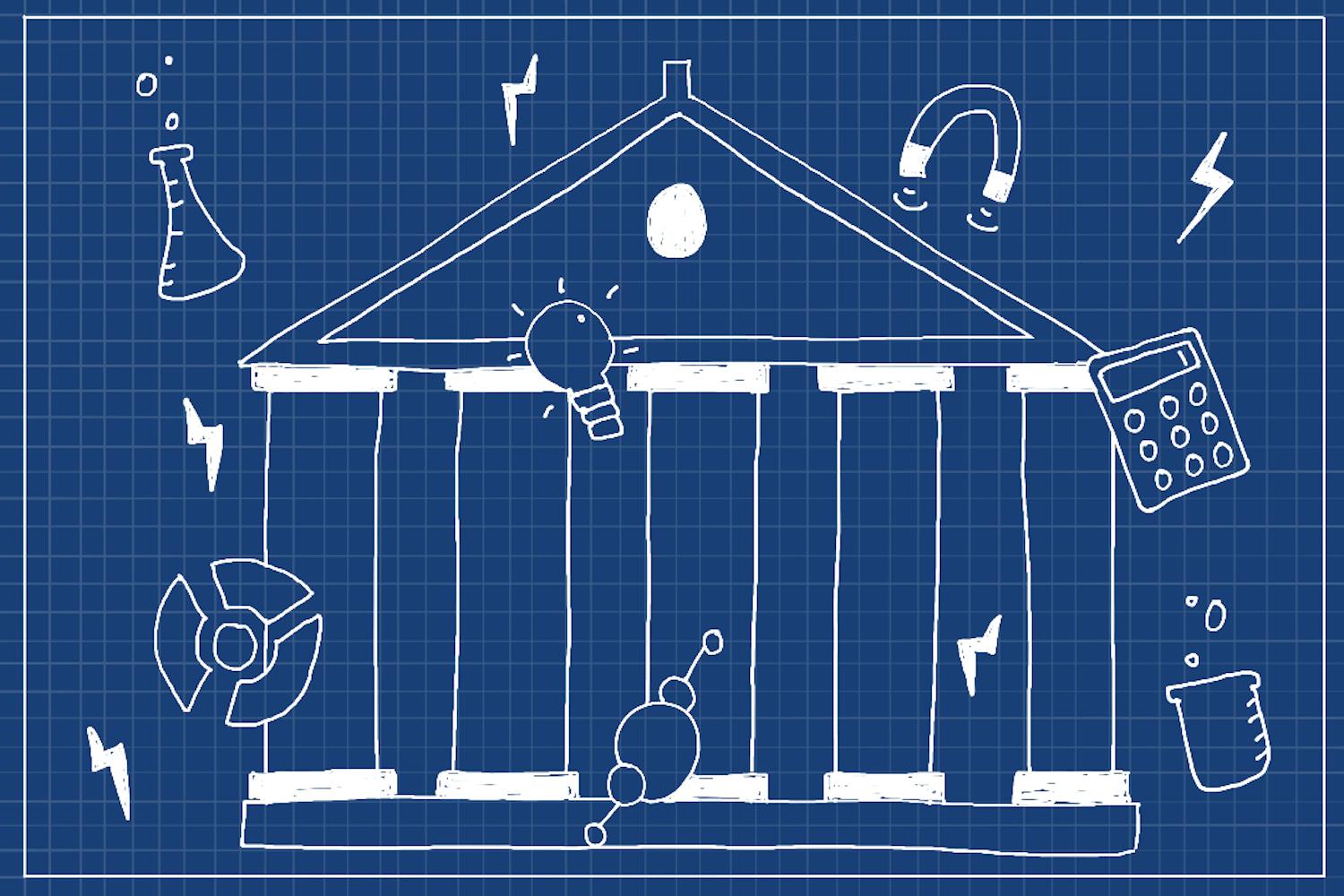The most important thing to start with in any conversation about inequality is the straight facts.
According to recent data collected by Janet Gornick, director of the Luxembourg Income Study Center, America features the highest level of inequality of any highly developed country in the world, which should not come as much of a surprise, given that the richest 1 percent of the U.S. population holds 20 percent of the entire country's income.
However, analyzing the same data collected by Gornick reveals that before tax, America’s level of inequality resides in the middle of the pack, meaning that out of all the highly developed nations included in the study, the U.S. does the least policy-wise to curb inequality.
The U.S. should do more policy-wise if it hopes to improve its inequality outlook. The question becomes what sort of policy the nation should explore.
Raising taxes on the wealthy is a common response, but there are multiple reasons why altering tax policy should give economists pause.
First, a controversy still exists concerning the true economic impact of hiking taxes on the wealthy.
Second, in a democratic nation like the U.S., it is extremely difficult to reform policy without the consent of the majority. Any sort of tax reform would undoubtedly require strong public interest in closing the gap between rich and poor.
Ilyana Kuziemko, an economist at Columbia Business School, recently conducted a survey measuring public opinion on the subject. In the survey, she asks participants whether or not the government should reduce the income gap between the rich and poor.
The results were surprising: Support for closing the gap has actually declined over the last three decades.
Even if tax reform were a logistical possibility, is tax reform even the best way of curing inequality?
It is not.
The key to curing inequality lies in the social structure itself. An equal societal structure would be the definition of equal opportunity, in which future success has absolutely nothing to do with your parent’s wealth.
Universal social policies help construct an equal social structure because they affect everyone. Anti-poverty solutions like food stamps only serve as a temporary alleviant, like a Band-Aid, and not a real remedy to the problem. That's why the government should focus more on policy providing the poor with the tools to elevate themselves from poverty, like education.
Gornick does a good job of explaining the importance of universality:
“In many European countries, social policy provisions have a more universal structure. So the rich, the middle class, and the poor are in the same programs. Rich and poor are enrolled in the same health insurance systems, they send their children to the same public preschools, they receive the same family allowances—and so on. That’s crucial for building political support for these programs, and that widespread support makes them more stable.”
A universal social structure is not without faults, but it carves the path for more equal representation in areas like politics and business for the disadvantaged.
Equal representation would close the gap between rich and poor faster than any amount of government handouts.
Reach the columnist at Jonathan.Mah@asu.edu or follow him on Twitter @JonathanMah



